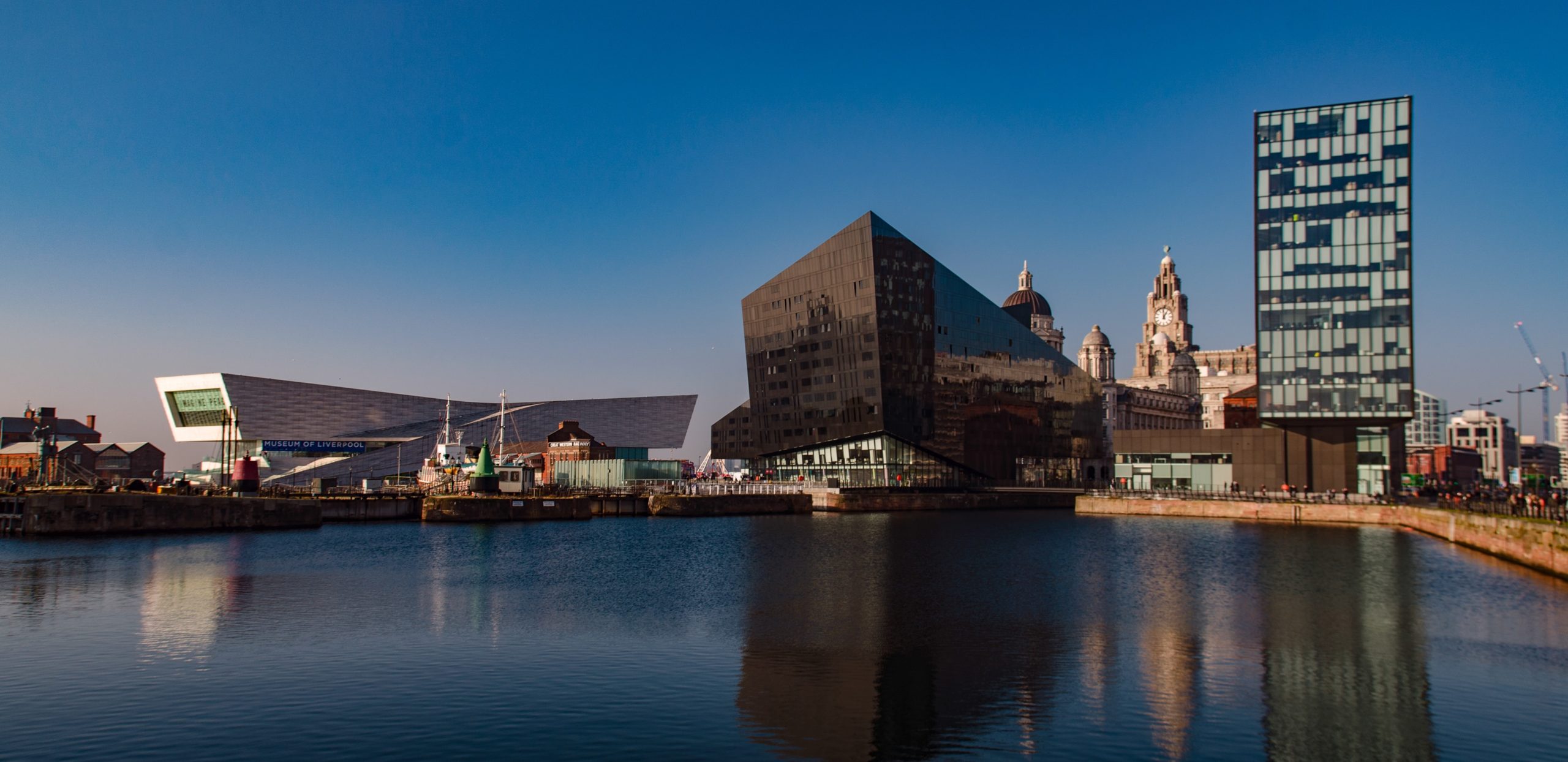Dr Andrew Atter, Alison Pountney and Dr David Tully discussed ways to generate a self-sustaining entrepreneurial ecosystem in our latest debate in public policy.
Despite local efforts to build a start-up culture, the Liverpool City Region has historically struggled to retain new businesses and tech talent. In this panel discussion, we shared views from founders, researchers and technologists to gain a deeper understanding of the type of investment Liverpool needs and how the region can generate a self-sustaining entrepreneurial culture.
Chair Dr Andrew Atter, CIMR Visiting Fellow and edtech founder, outlined the context for the debate. Creative entrepreneurship has become a key policy issue both at an international and national level. Recent research conducted in the UK has revealed the significance of the creative industries: they account for 1 in 8 jobs, which includes anything from classic visual arts to publishing and augmented reality. Many creative businesses are also micro- and locally owned businesses.
At the same time, Liverpool has been underperforming as an economy for many years relative to other cities of a similar size and has been plagued by governance issues. The region does not currently rate highly on nationally significant creative clusters.
Bringing university entrepreneurship into the wider ecosystem
Alison Pountney, Innovation Coach at the University of Liverpool shared the work of LCR Founders, a collaborative project between the University of Liverpool and Liverpool John Moores University to support student start-ups and create an entrepreneurial ecosystem.
The project will engage with over 3000 students and graduates by June 2023, providing skills development, coaching, networking and start-up funding opportunities. Activities take place across the city region and a key aim is to retain talent by building a supportive community.
Alison emphasised the importance of initiatives such as LCR Founders to be ‘a feeder not a leader’ – ensuring long term benefit by making entrepreneurs the leaders who can share knowledge across the city region. The project has registered over twenty business start-ups since January 2022.
Building an entrepreneurial ecosystem in technology
Dr David Tully shared his experience as owner of Scenegraph Studios, which creates VR and augmented reality experiences. David highlighted the low-cost options for entrepreneurs to get into the tech space using a smartphone and apps such as Spark AR or Snapchat, or by remotely accessing high tech equipment.
David emphasised the multiple different hats a founder has to wear to start a company, from developer and business manager to accountant, PR specialist and social media manager. He encouraged would-be entrepreneurs not to be afraid of failure, but rather to see each experience as a learning opportunity.
For David, traditional higher education faces a challenge to keep up with the fast-moving technology industry and develop graduates that are ready for the world of work. An additional struggle for Liverpool, where businesses are largely SMEs, is to attract talent away from competitive national companies.
How can universities stay relevant in a fast-paced job market?
The panellists debated how universities can contribute to developing a meaningful local ecosystem. Alison argued that careers services can play a role in tapping into industry and being more agile than traditional academic programmes. She called for experts to be brought into universities to start creating connections.
We would like to thank our panellists and attendees for their contributions to the debate.
The recording of the workshop is available here.

